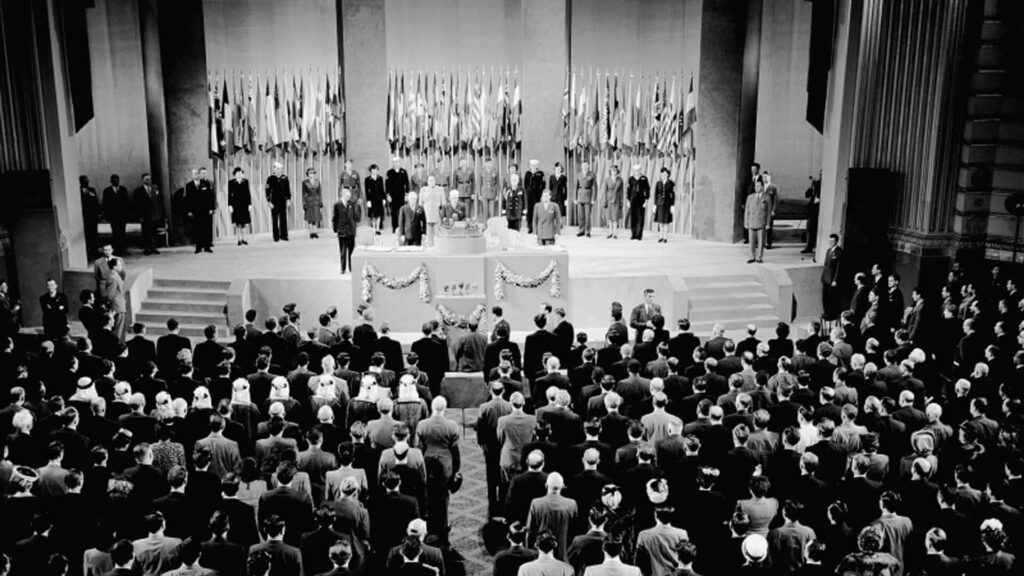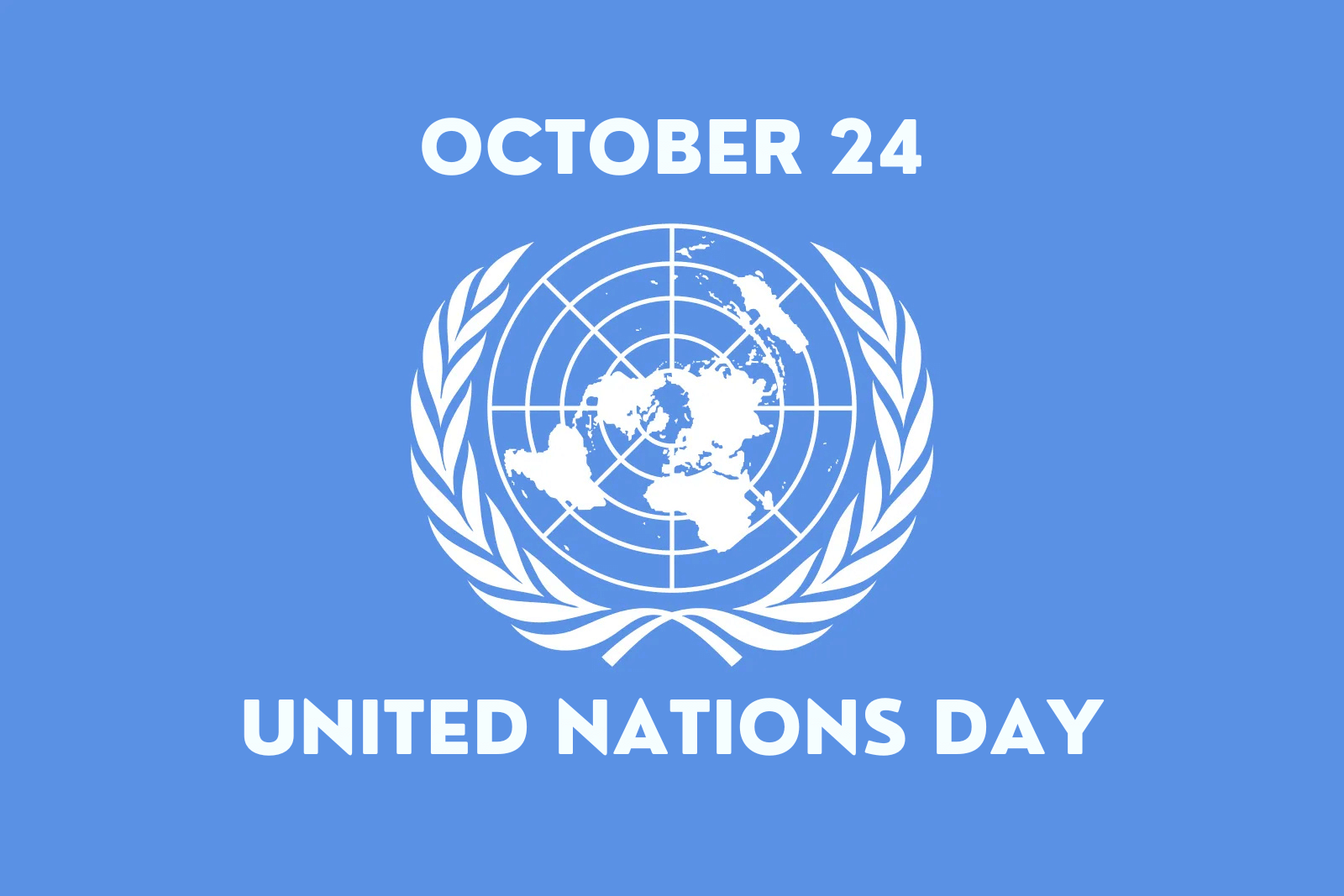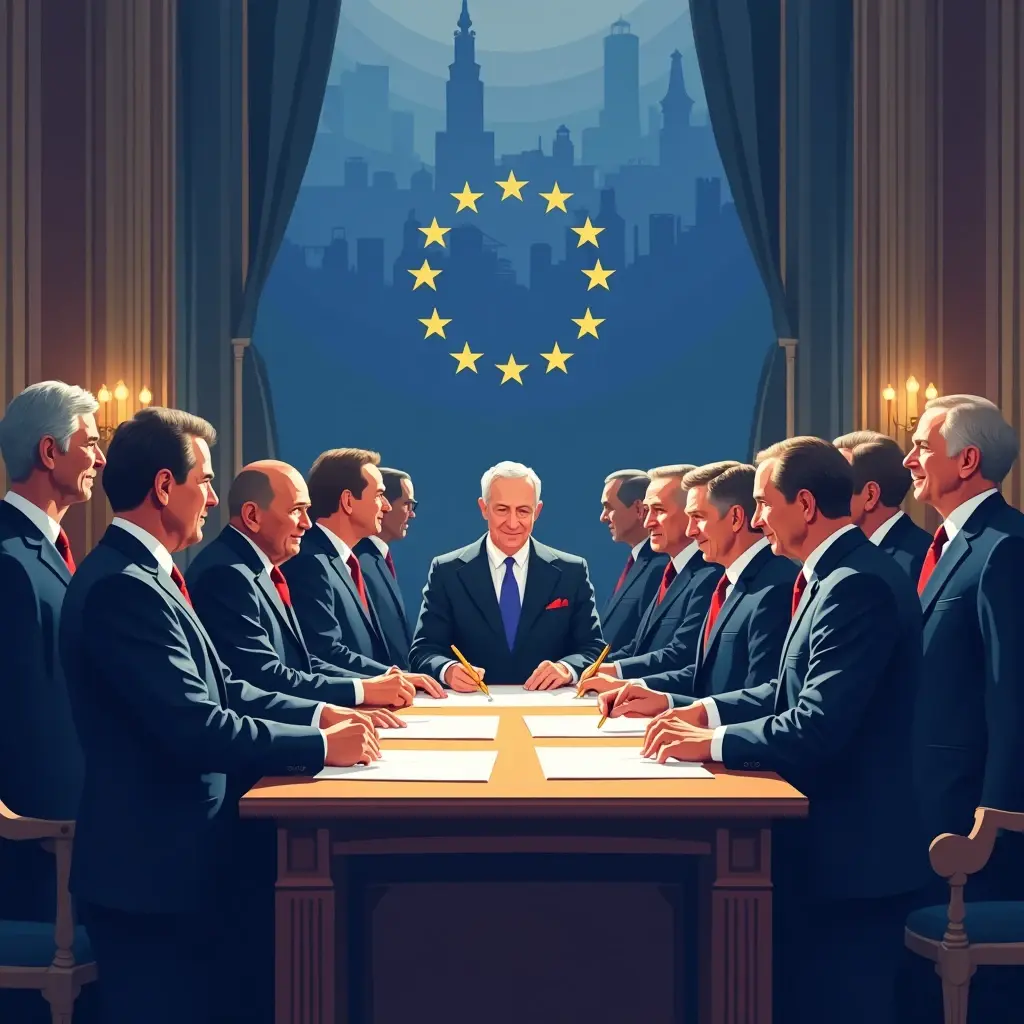The Founding of the United Nations: A Milestone for Global Peace
On October 24, 1945, the United Nations was officially founded, marking a pivotal moment in modern history. Created in the aftermath of World War II, the United Nations was designed to prevent future conflicts and bring nations together to promote peace, security, and human rights across the globe. This organization has played a crucial role in fostering international cooperation and addressing global challenges that go beyond national borders.
The United Nations Charter was initially signed on June 26, 1945, by representatives from 50 countries at a conference in San Francisco. However, it wasn’t until October 24 that the charter was ratified by all the major powers, including the United States, the Soviet Union, China, France, and the United Kingdom, officially bringing the United Nations into existence. The goal was clear: to create a platform where countries could work together to prevent the horrors of another world war.
Why Was the United Nations Formed?
The devastation caused by two world wars in just three decades motivated the international community to seek a better way to resolve conflicts. The League of Nations, formed after World War I, failed to prevent global conflict, leading to the formation of the United Nations. The new organization aimed to learn from past mistakes and provide a more robust structure for addressing international disputes, promoting peace, and supporting economic and social development.
- The UN’s key objectives, as outlined in the charter, include:
- Maintaining international peace and security
- Developing friendly relations among nations
- Cooperating to solve international problems
- Promoting respect for human rights
- Harmonizing the actions of nations toward common goals
The Role of the United Nations in Global Diplomacy
Since its inception, the United Nations has been at the center of global diplomacy. From conflict resolution to humanitarian assistance, the UN has been instrumental in tackling some of the world’s most pressing issues. The organization is home to six main bodies, including the General Assembly, where all member states have equal representation, and the Security Council, tasked with maintaining international peace and security.
One of the most important functions of the UN is its ability to deploy peacekeeping missions. These missions are often sent to conflict-ridden areas where traditional diplomacy has failed, offering neutral forces to keep the peace and help rebuild war-torn societies. Since 1948, over 70 UN peacekeeping operations have been deployed around the world.
A Legacy of Global Cooperation
The founding of the United Nations was a monumental step in promoting international cooperation. Throughout the decades, the UN has worked on issues like poverty reduction, health crises, environmental protection, and education reform. The Universal Declaration of Human Rights, adopted by the UN in 1948, stands as a landmark document in the fight for human rights around the world.
To this day, the United Nations remains a symbol of hope for international diplomacy. It acts as a platform where countries, regardless of size or power, can voice their concerns and contribute to shaping a more just and peaceful world.

“The United Nations is our one great hope for a peaceful and free world.” — Ralph Bunche
Challenges Faced by the United Nations
While the United Nations has achieved remarkable successes, it also faces significant challenges. The complexity of global politics often hinders the organization’s ability to act swiftly, especially in the Security Council, where veto powers can block decisions. Nevertheless, the UN continues to adapt to an evolving international landscape, addressing new issues such as climate change, terrorism, and cybercrime.
Conclusion
The founding of the United Nations on October 24, 1945, was a turning point in global history, one that continues to shape the world today. As the UN strives to meet the demands of a rapidly changing world, its mission to promote peace, security, and cooperation remains as relevant as ever. The organization stands as a testament to the power of nations coming together for the greater good, striving to ensure a future free from the violence that marked the early 20th century.



